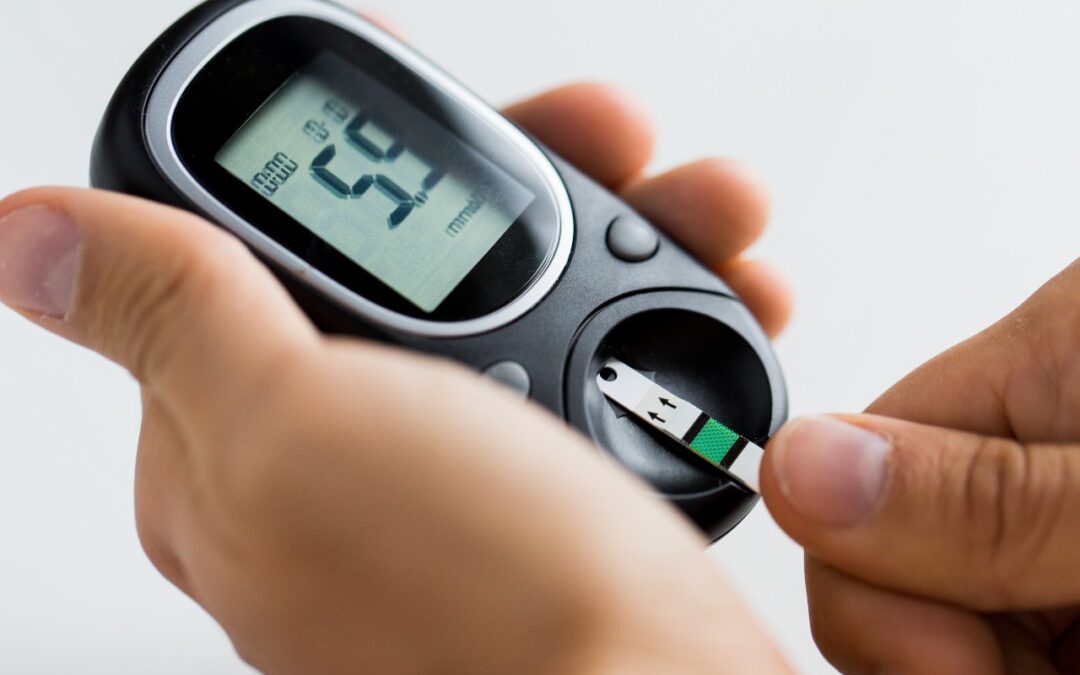Accuracy and Reliability for Choosing the Right Blood Glucose Monitor
When it comes to managing diabetes, accuracy and reliability are paramount in the selection of a blood glucose monitor.
A device that provides precise readings offers significant advantages in your daily management routine, affecting treatment decisions, diet, and overall health.
The following considerations delve into the significance of accuracy and reliability in blood glucose monitoring.
1. Understanding Accuracy in Blood Glucose Monitors
Accuracy refers to how closely the readings from a blood glucose monitor align with laboratory values obtained under controlled conditions.
Various regulatory bodies, including the Food and Drug Administration (FDA), establish guidelines for the accuracy of glucose meters.
For instance, the FDA requires that 95% of blood glucose meter readings must fall within ±15% of the laboratory value for values greater than 75 mg/dL or ±15 mg/dL for lower values.
Selecting a monitor that meets or exceeds these standards is essential for ensuring that the readings are dependable for daily management.
2. Influencing Factors
Several factors can influence the accuracy of blood glucose monitors, such as environmental conditions, user technique, and the age of the test strips.
Temperature, humidity, and altitude can all impact device performance. Moreover, proper technique—ensuring the blood sample is taken correctly and that the meter is used according to the manufacturer’s instructions—is crucial.
Expired or improperly stored test strips can also lead to inaccurate readings, so ensuring that supplies are current and stored correctly is vital for effective blood glucose monitoring.
3. Reliability in Long-Term Use
Reliability encompasses not only accuracy but also the consistent performance of a monitor over time.
Choosing a blood glucose monitor known for its durability and longevity can reduce the frequency of device-related errors.
Users should look for monitors that have a reputation for long battery life, minimal maintenance requirements, and availability of compatible test strips.
Furthermore, monitoring systems that provide clear error messages can assist users in troubleshooting any potential issues that arise during testing.
4. Clinical Studies and User Reviews
Investigating clinical studies that evaluate the accuracy of different blood glucose monitors can be helpful.
These studies typically involve comparing multiple devices against laboratory tests to assess their performance.
Additionally, user reviews and testimonials provide insights into real-world reliability and accuracy experiences.
Consult healthcare professionals or diabetes support groups for recommendations based on evidence and personal experiences with specific products.
Conclusion
Choosing a blood glucose monitor with proven accuracy and reliability is essential for effective diabetes management.
This choice can significantly impact decision-making around diet, medication, and lifestyle adjustments.
By understanding the factors that influence accuracy and reliability, consulting clinical studies, and considering user feedback, you can make a well-informed decision that supports your health goals and enhances your ability to manage your condition effectively.
